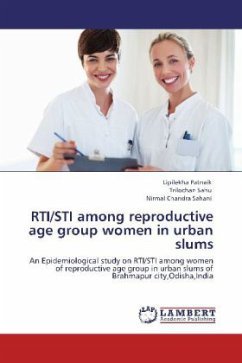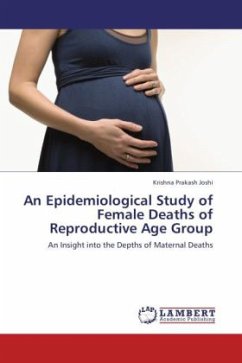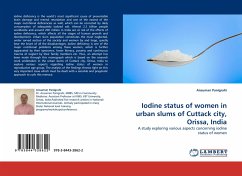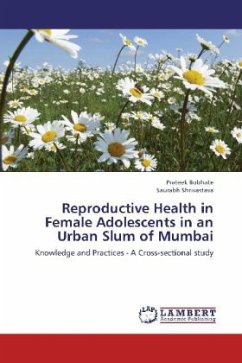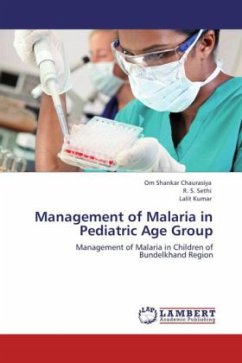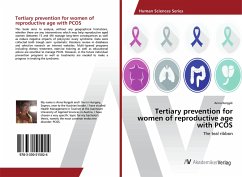The control of reproductive tract infections (RTIs), especially sexually transmitted infections (STIs), is an urgent health priority in many countries. The annual incidence of RTI/STI in India is estimated at 5% or approximately 40 million new infections occurring every year.3 National family Health Survey-2 has also reported that 39.2% women in India have one or more reproductive infections. In India awareness of reproductive and sexual health is generally low among women and their access to health care is severely restricted. RTI/STI is an important morbidity among women of reproductive age group. Prevalence is significantly more after the age of 25 years, in married women and with H/O abortion. Vaginal discharge & lower abdominal pain being the most common presentation, all contacts of the identified risk group women with the health care facility may be utilized for detection of RTI/STI through syndromic approach.
Bitte wählen Sie Ihr Anliegen aus.
Rechnungen
Retourenschein anfordern
Bestellstatus
Storno

